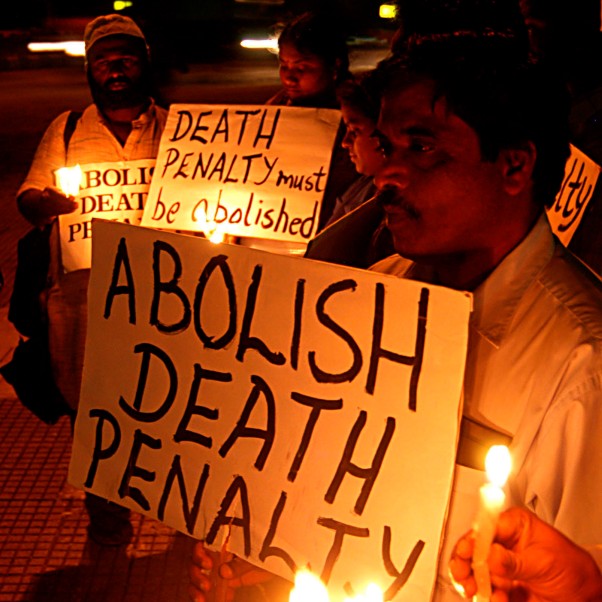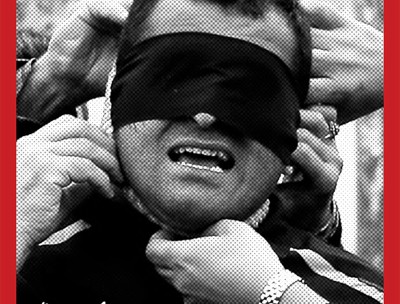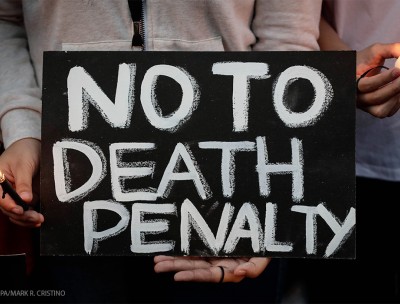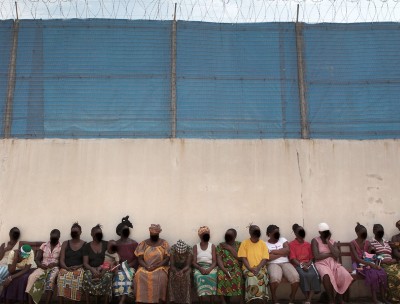
About
The use of the death penalty is not consistent with the right to life and the right to live free from torture or cruel, inhuman or degrading treatment or punishment. There is growing consensus for universal abolition of the death penalty. Some 170 States have abolished or introduced a moratorium on the death penalty either in law or in practice. Despite this abolitionist trend, the death penalty is still employed in small number of countries, largely because of the myth that it deters crime. A few states also still permit use of the death penalty for crimes other than those of extreme gravity involving intentional killing, including for drug-related crimes or terrorism charges More work needs to be done. Worldwide abolition is necessary for the enhancement of human dignity and progressive development of human rights.
Our work
The UN Human Rights Office, with its mandate to promote and protect all human rights, advocates for the universal abolition of the death penalty. Our position is based on the fundamental nature of the right to life, the unacceptable risk of executing innocent people, and the absence of proof that the death penalty deters crime.
In line with General Assembly resolutions, we support Member States, civil society, UN Special Procedures, the Human Rights Committee and other stakeholders campaigning for a moratorium on the death penalty and ultimately its abolition worldwide.
Who else is involved
Human Rights Committee (CCPR)
The Human Rights Committee is the body of independent experts that monitors implementation of the International Covenant on Civil and Political Rights by its State parties.




